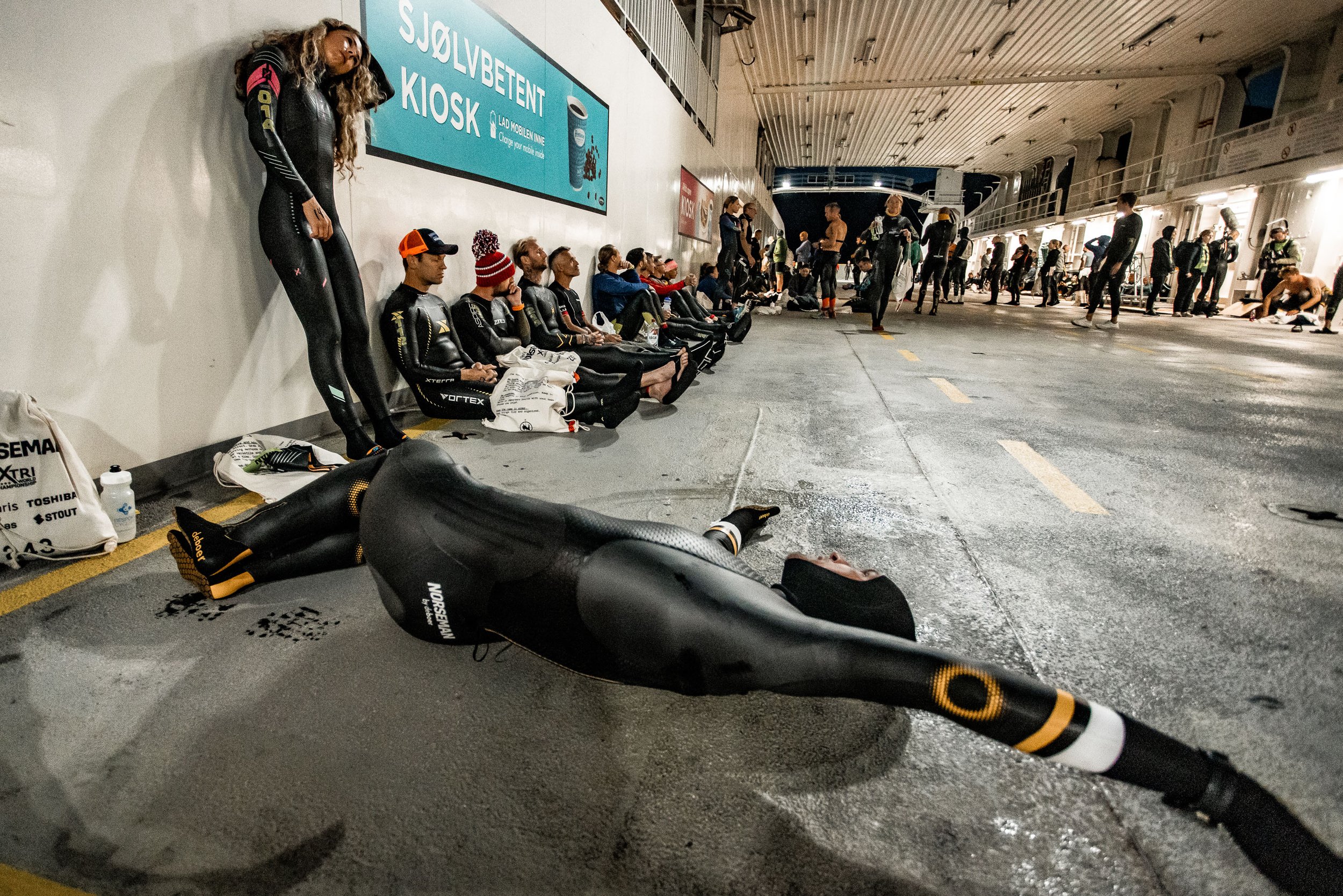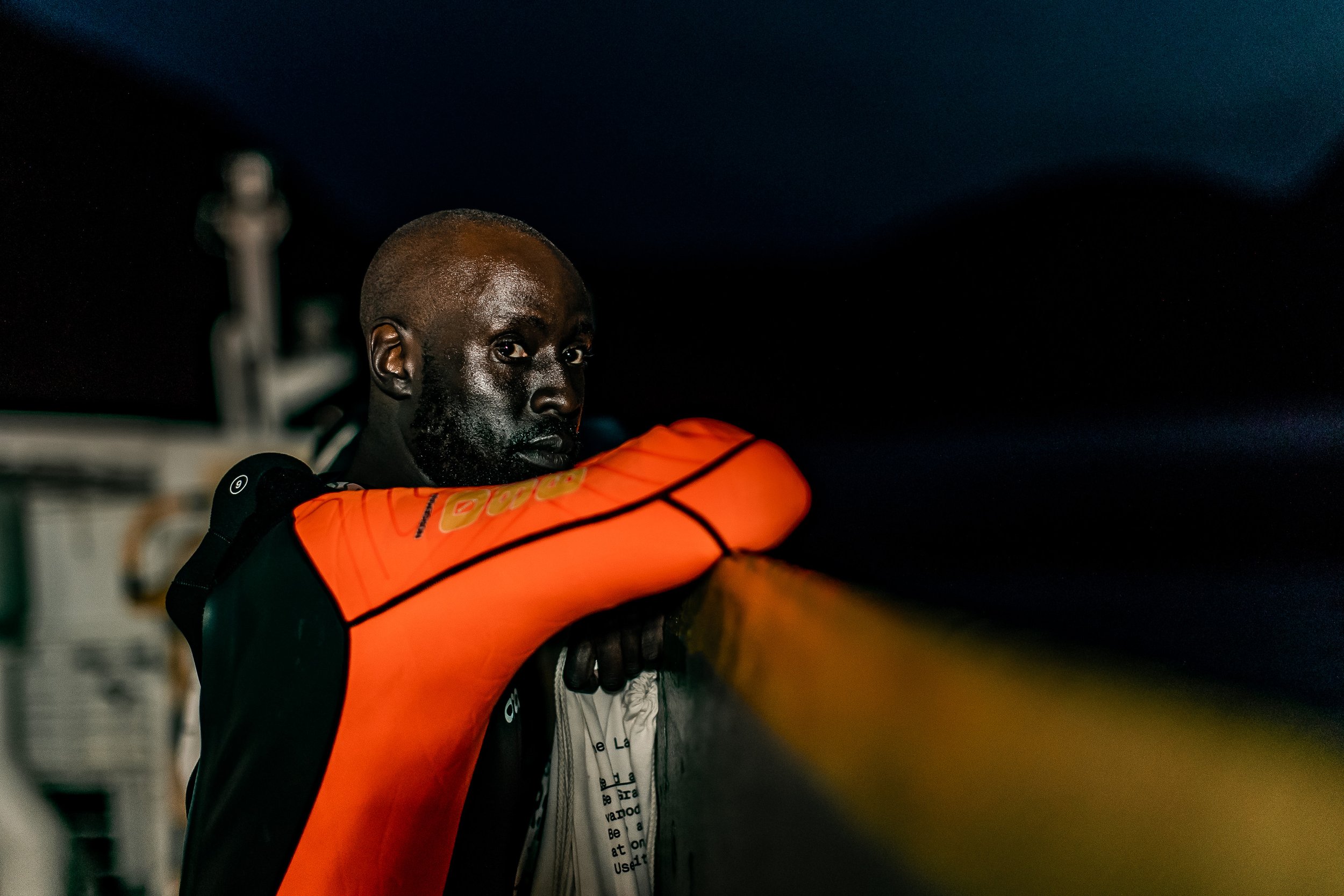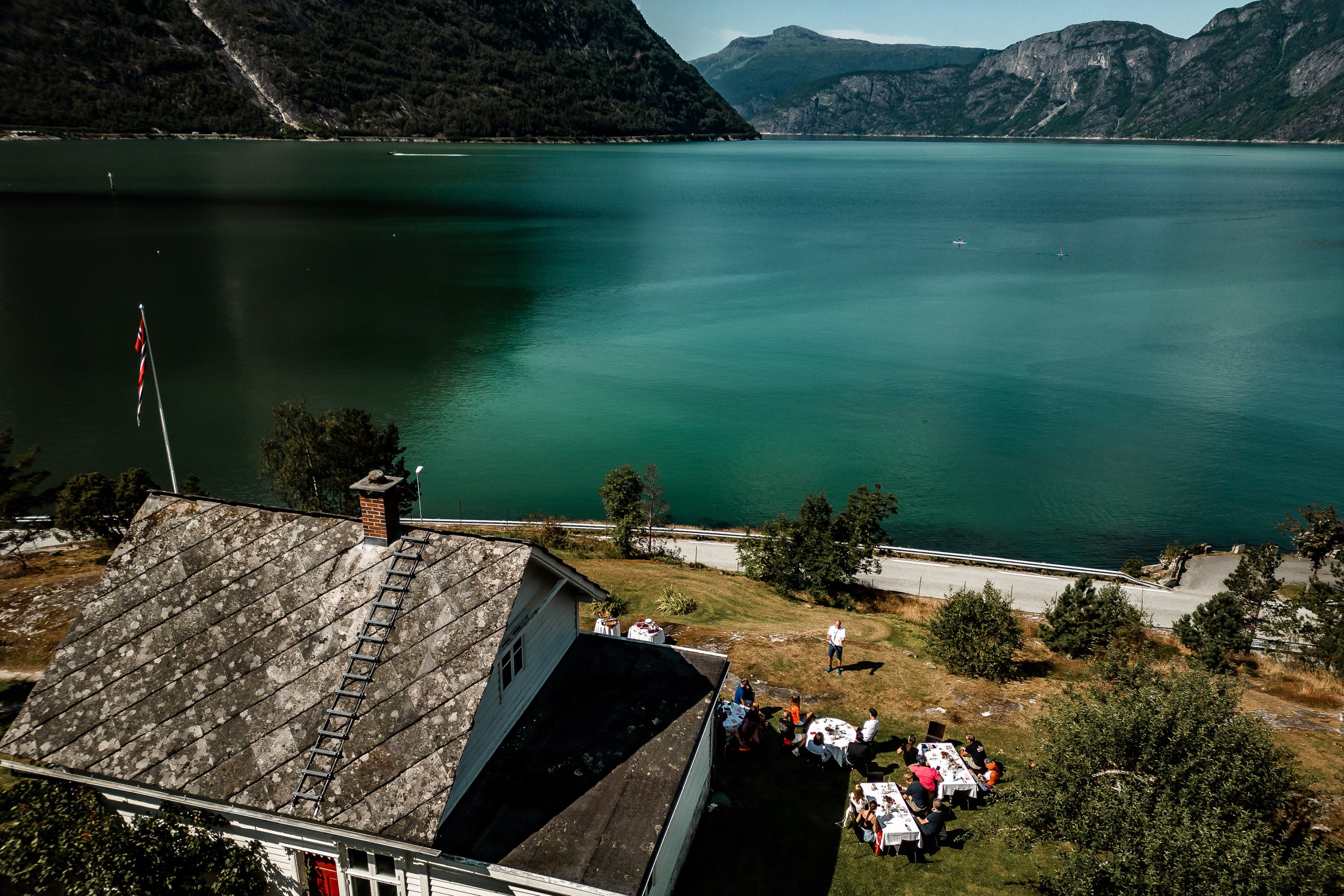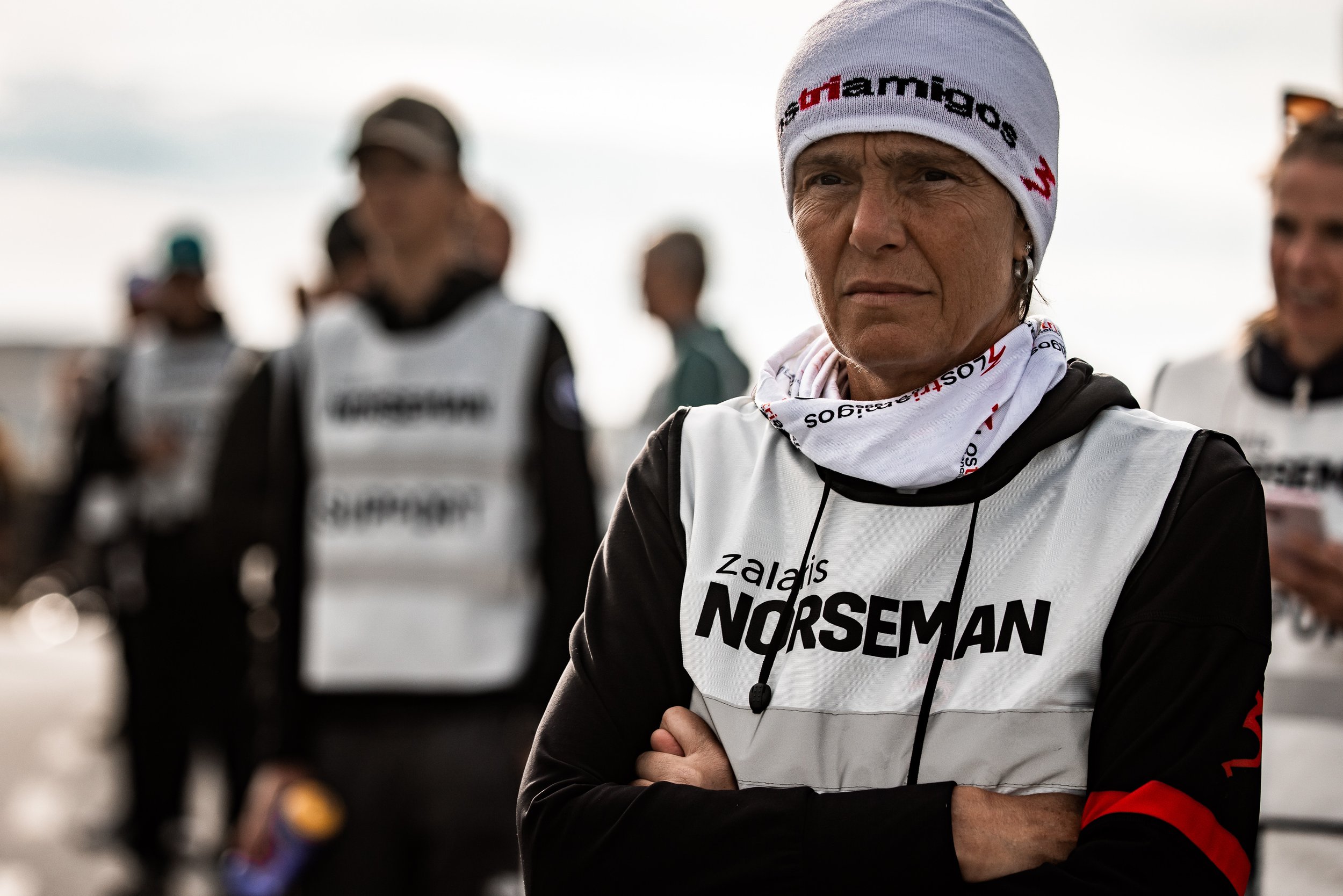

The 2025 Race.
The registration for Norseman 2025 is now closed. 6304 people from 96 countries applied for a slot in our race.
Norseman is a point-to-point race held annually in Norway. The distances are 3,8 km swimming, 180 km biking and 42,2 km running. In total, the race offers more than 5000 vertical meters.
Each of the 250 athletes needs to bring their own support team.

Latest News

Newsletter
Be the first to get our latest news, and get notified when registration for 2026 opens.















